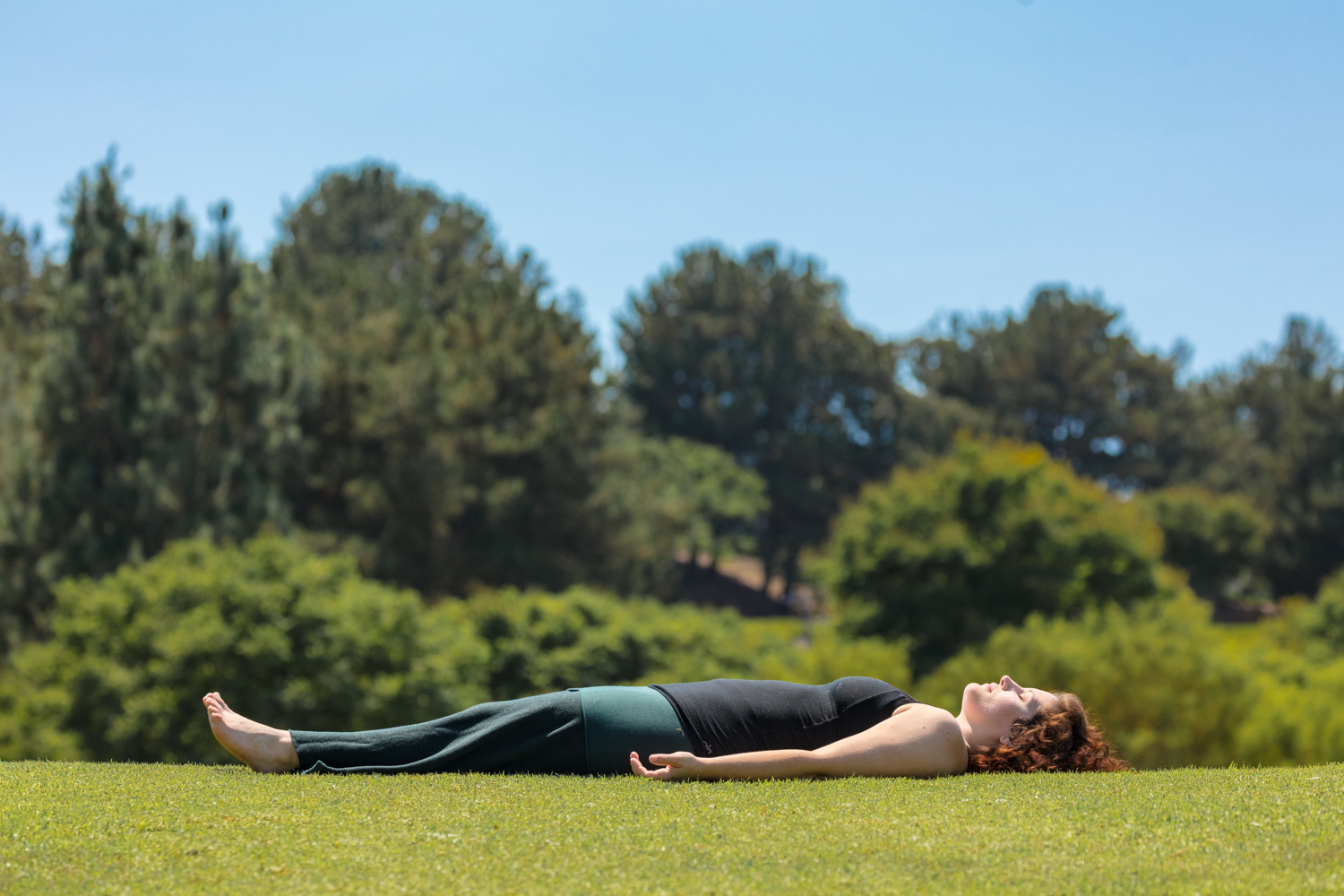*Editor’s Note: July 8-15th is National Therapeutic Recreation Week, which aims to raise awareness of therapeutic recreation programs and services that can improve the health and well-being of individuals with physical, mental, and emotional disabilities. Kathryn Carr, Ambry’s resident Marketing Specialist and yoga instructor, shares how yoga empowers her to be an advocate for her health, and how the practice can be helpful to those facing both physical and mental challenges.
Yoga can improve a person's life in so many ways, and as an active practitioner for more than 10 years, I can relay countless stories about the ways I’ve seen it help people. Perhaps the best part about yoga is that almost everyone can learn. It’s not for just the young, fit, and healthy - children, the elderly, those new to exercise and even individuals facing physical, emotional and intellectual challenges can learn simple exercises or modifications that will allow them to reap the benefits of regular practice.
Yoga as a form of recreational therapy can promote relaxation, improve flexibility, boost your ability to focus, and expand lung capacity. However, in my opinion, the most important benefit of yoga is that it helps me recognize my body as a part of me rather than something separate, which creates within me a deeper awareness of my body’s needs. Understanding my body’s needs has ultimately empowered me to become an advocate for my own health, and I hope my story will help empower others to do the same.
I had very little body awareness growing up. I was not an active child, and spent most days inside rather than out. As I got older, I started to recognize a “split” between my mind and my body. My mind wanted ice cream, but my body was lactose intolerant. My mind wanted me to wake up early every morning and go jogging to be healthy, but my body wanted to hit snooze. It seemed that my mind and body were constantly arguing, and I usually felt like my body was against me.
Once I started practicing yoga, I began to shift the way I saw these “arguments” between my brain and body. Instead of viewing things as a battle, I started to question and examine why my body felt these ways- I needed to hit snooze, because I wasn’t getting good rest, my body wanted to avoid dairy because I felt better without it. Slowly the conversation shifted from “my body wants this, but my mind wants this” to “this is what’s best for me”. I stopped fighting myself, and started to recognize how yoga had helped me become my own health advocate.
One of the simplest ways you can use yoga to become your own health advocate starts with simply breathing. Take a moment to be quiet, breathe and focus on your body. Sit with your back upright , legs crossed in front of you, and arms resting on each leg as seen in the pose below. Try and keep your palms facing up with your chest slightly elevated (especially if you spend most days at a desk).

If you can’t sit up, this exercise can also be completed lying down- just make sure your feet are hips distance apart. As you take deep, slow breaths ask your body how you are feeling, what you want right now, what you need, and observe any pain or emotions you might feel.

When you start a conversation with your body, you create a stronger bridge to the mind and your ability to recognize what you need when you need it will improve. Slowly, with practice, you will start to learn your body’s language. Whether you’re in peak physical health or facing challenges, creating a conversation with your body is one of the most important things you can do to take charge of your health and practicing yoga is a simple way to start.



